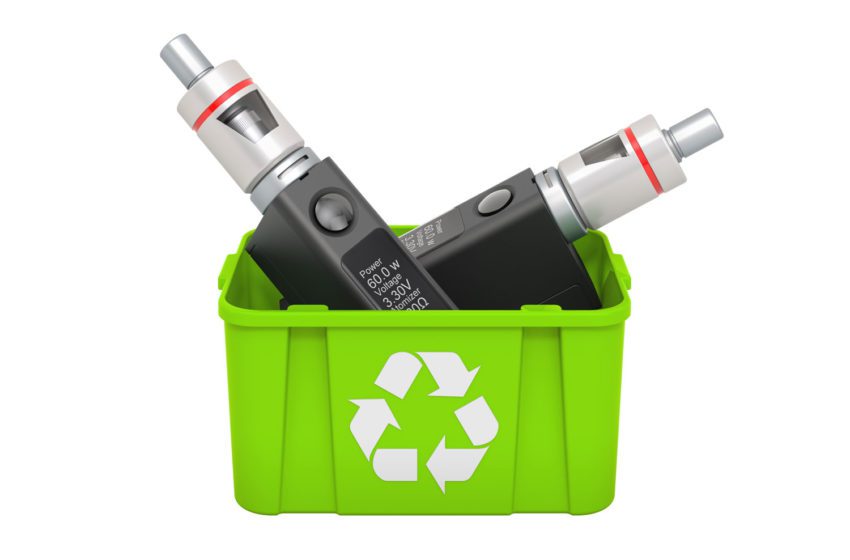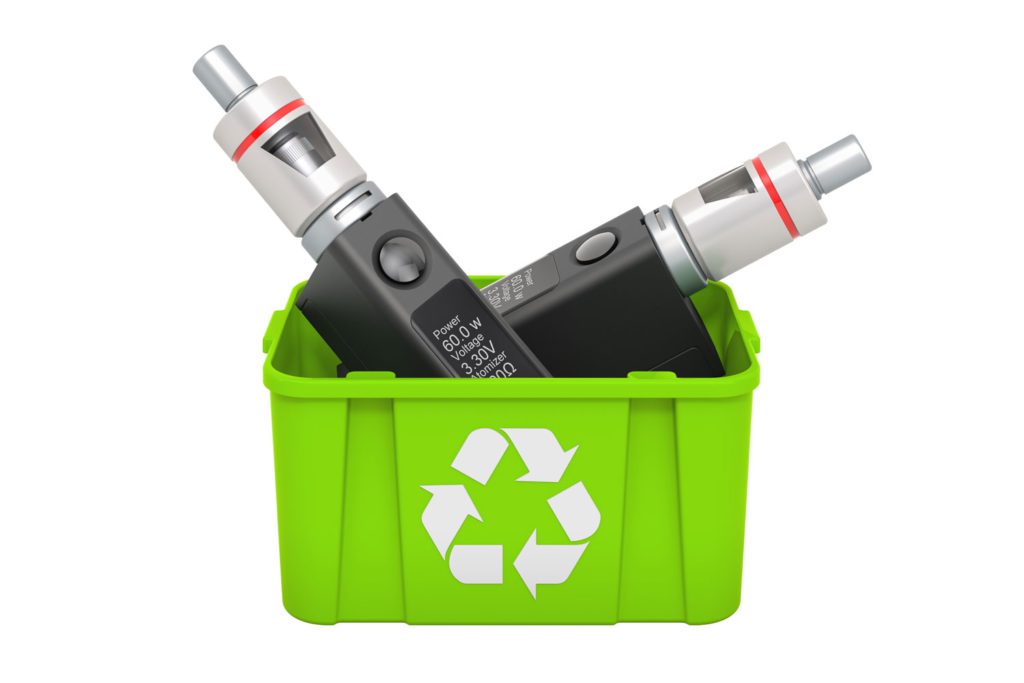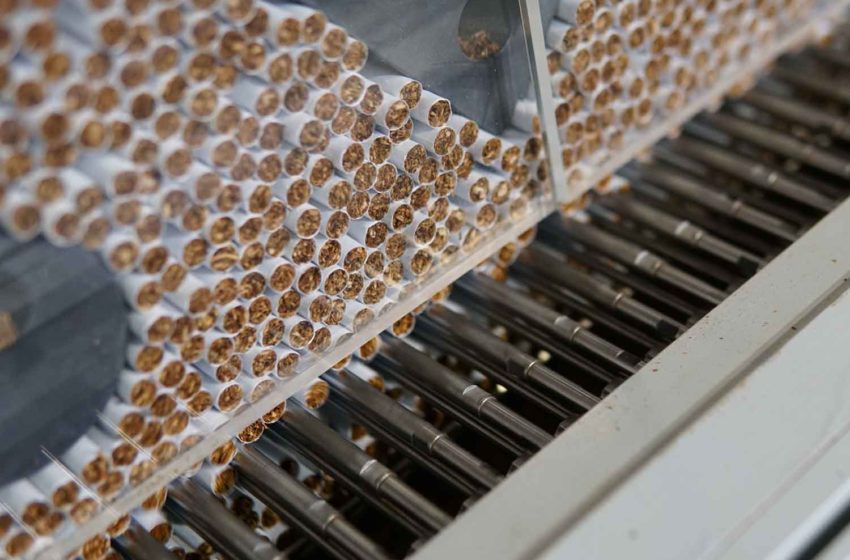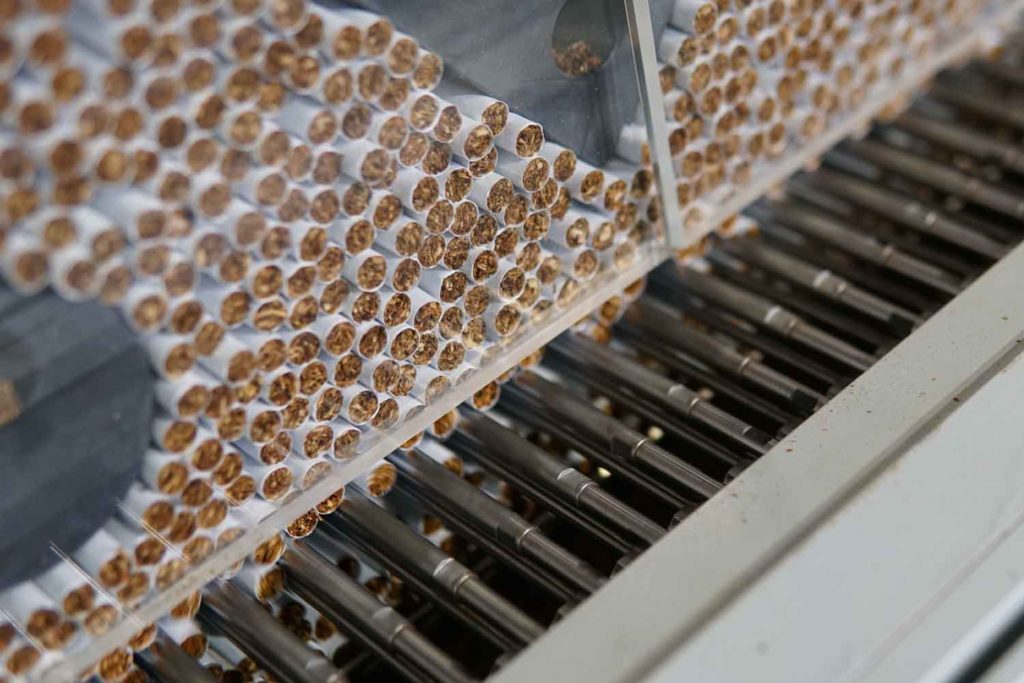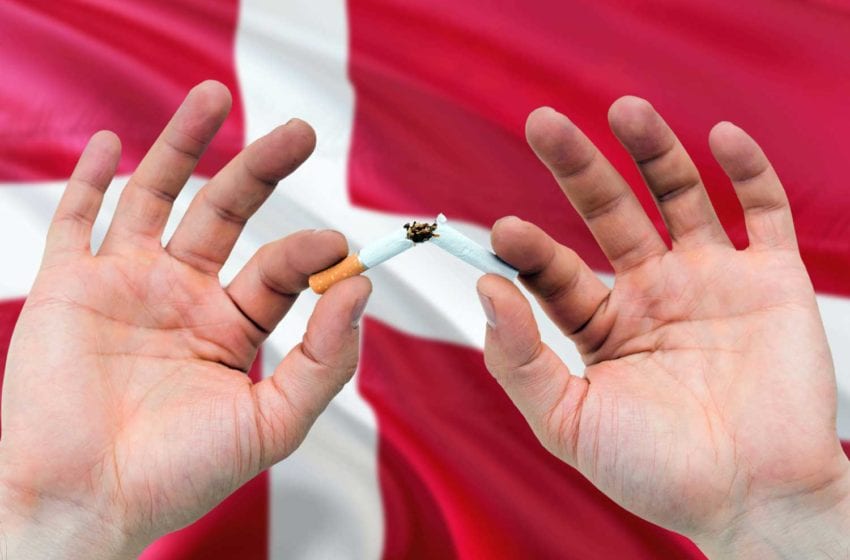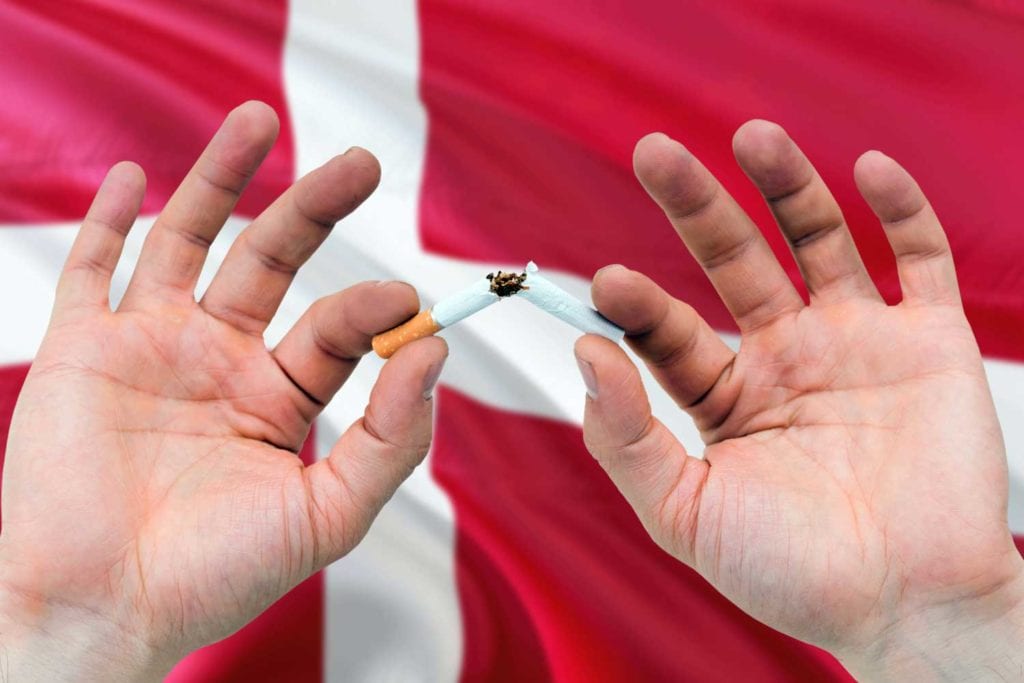
Malaysian lawmakers must distinguish between smoking and vaping it they want to tackle Malaysia’s smoking epidemic, according to tobacco harm reduction advocates.
Legislators are currently scrutinizing a bill that would ban smoking and vaping for those born after 2007 in Malaysia. The bill is modelled on legislation in New Zealand, which in December 2021 revealed a plan to phase out smoking by gradually raising the smoking age until it covers the entire population.
Unlike Malaysia’s proposal, however, New Zealand’s generational ban would prohibit only the sale of tobacco products to anyone born during or after 2009, with vaping products remaining available to those 18 years and older to purchase in retail outlets as was regulated in 2020.

“You can’t ban cigarettes for future Malaysian adults without providing a safer, viable alternative,” said Samsul Ariffin, president of the Malaysian Organization of Vape Entities. “It’s like banning sugary drinks and sugar-free drinks all at once and hoping it will get people off sugar. If our political leaders are serious about eradicating deadly smoking, Malaysia’s generational endgame bill must only ban the purchase of combustible tobacco, not safer nicotine products.”
According to the Coalition of Asia Pacific Tobacco Harm Reduction Advocates (CAPHRA), New Zealand’s encouragement of smoking cessation through vaping has contributed to a rapid decline in the country’s smoking rate. New Zealand’s current adult daily smoking rate stands at 9.4 percent, down from 18 percent in 2006-2007.
“New Zealand’s smoking has halved in recent years not because they banned vaping but because they embraced it,” said Nancy Loucas, executive coordinator of CAPHRA.






